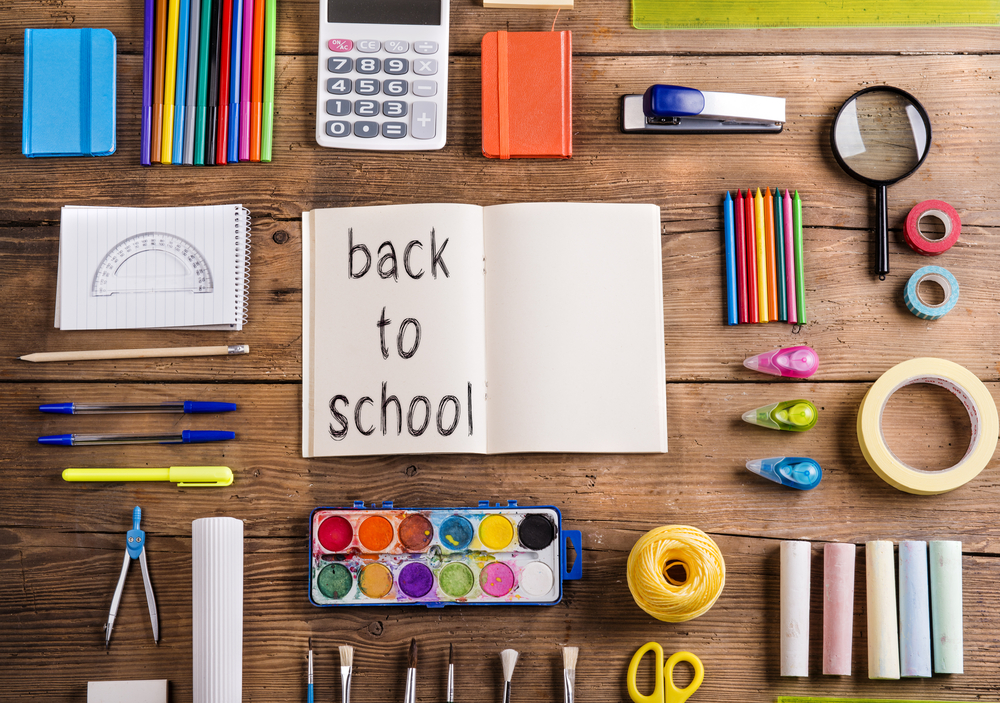Improve reading comprehension Worksheets for Ages 4-7
12 filtered results
-
From - To
Discover engaging and effective "Improve Reading Comprehension Worksheets for Ages 4-7" designed to enhance young learners' understanding and retention skills. Our interactive worksheets feature age-appropriate stories accompanied by questions targeting key comprehension strategies such as main idea identification, sequencing, and character analysis. Perfect for both classroom and home use, these printable resources encourage critical thinking and a love for reading through fun activities that keep kids motivated and engaged. Ideal for parents and educators, our worksheets are the perfect tool to build a strong foundation in reading comprehension for early learners.
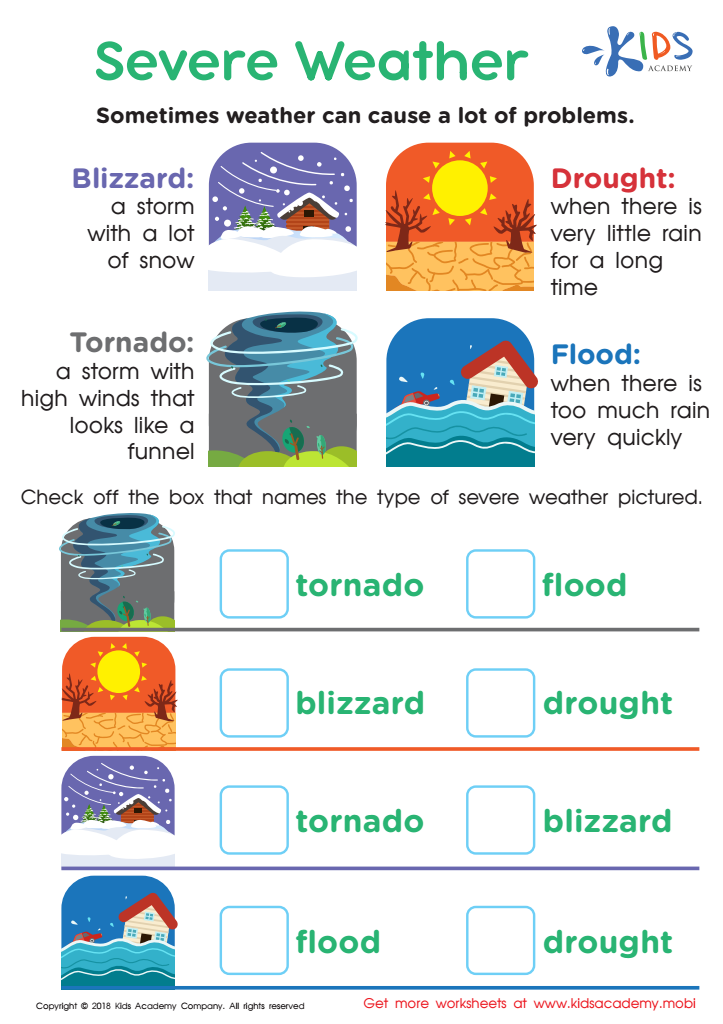

Severe Weather Worksheet
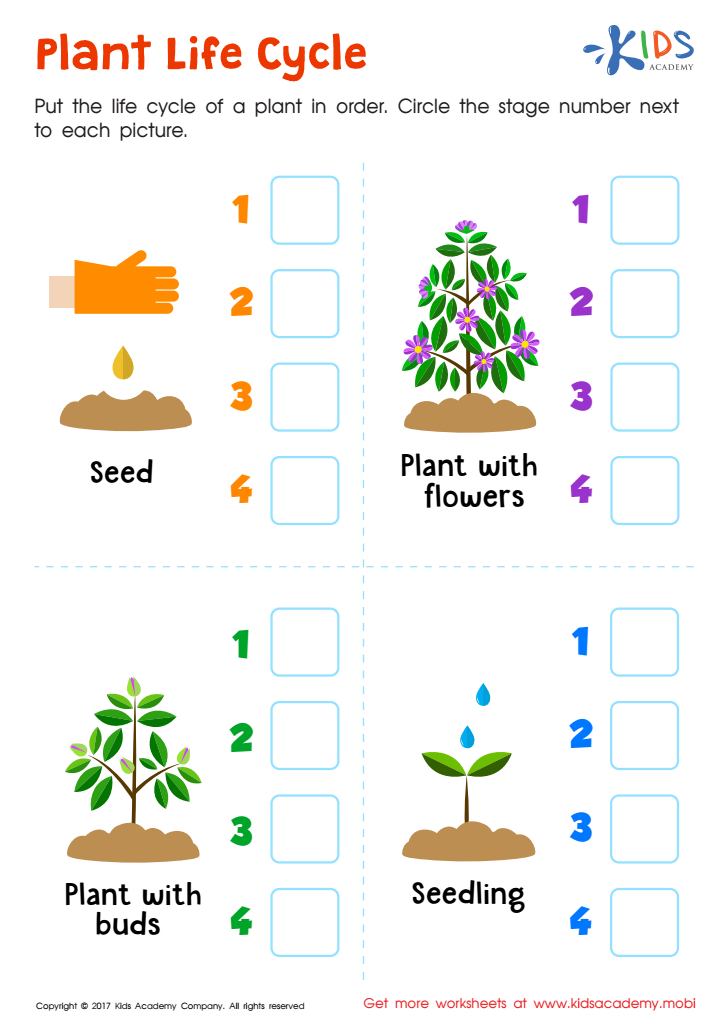

Plant Life Cycle Printable
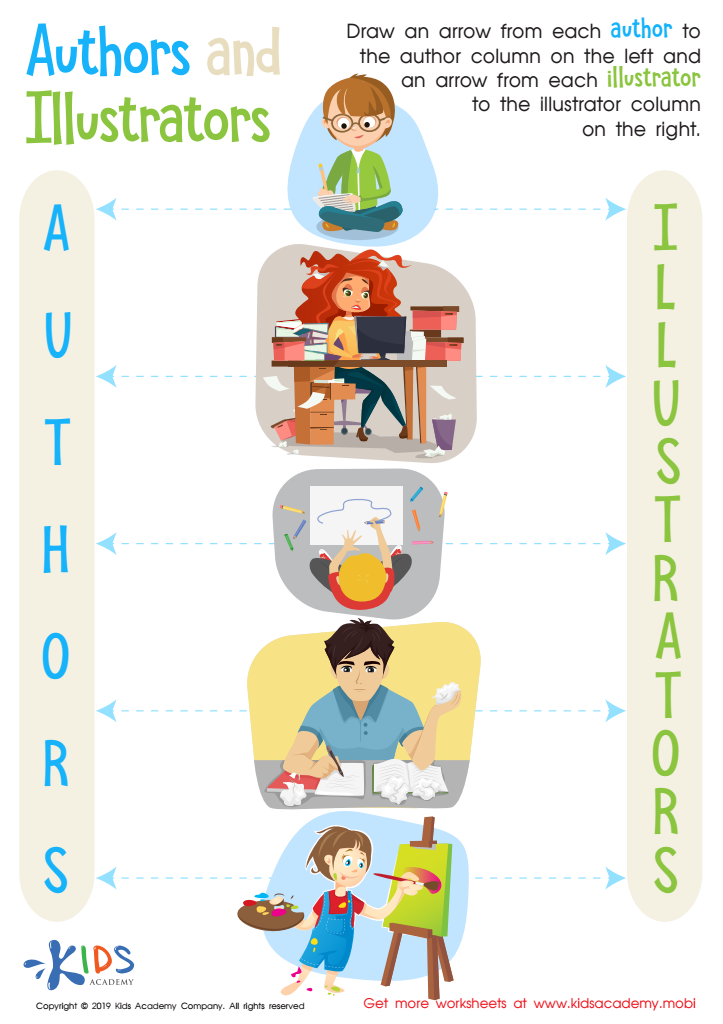

Authors and Illustrators Worksheet
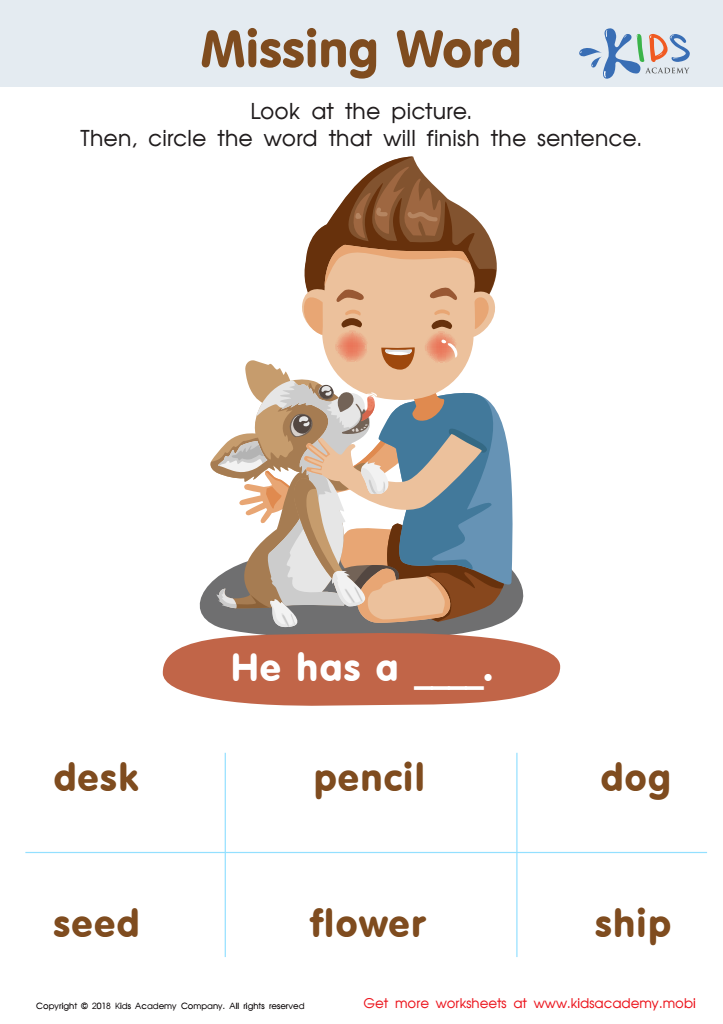

Missing Word Worksheet
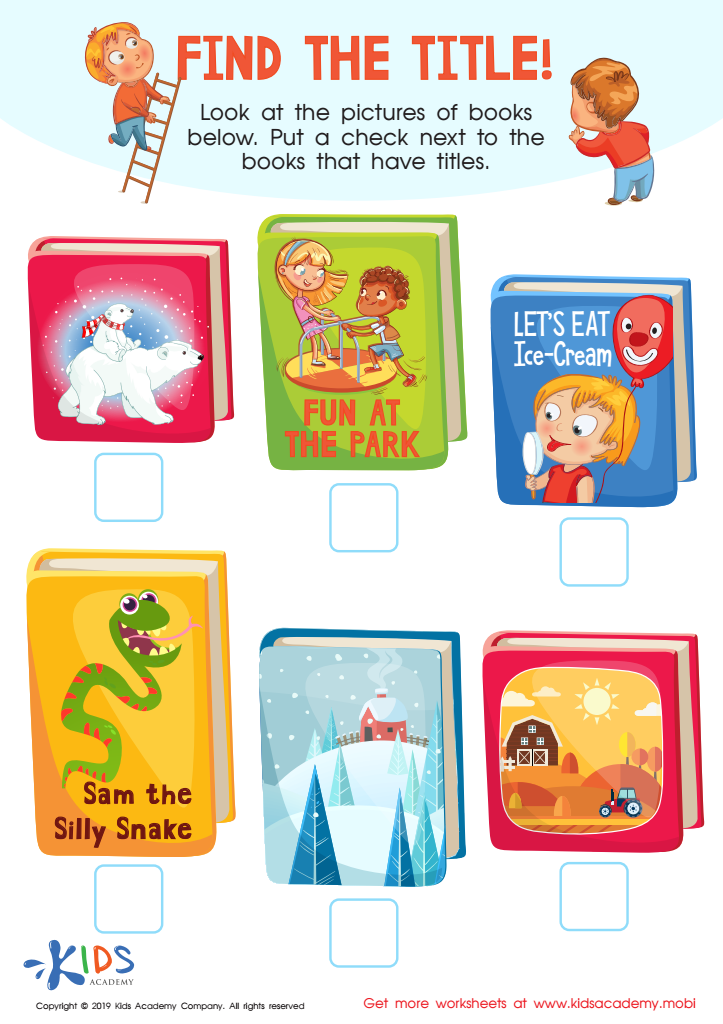

Find the Title Worksheet
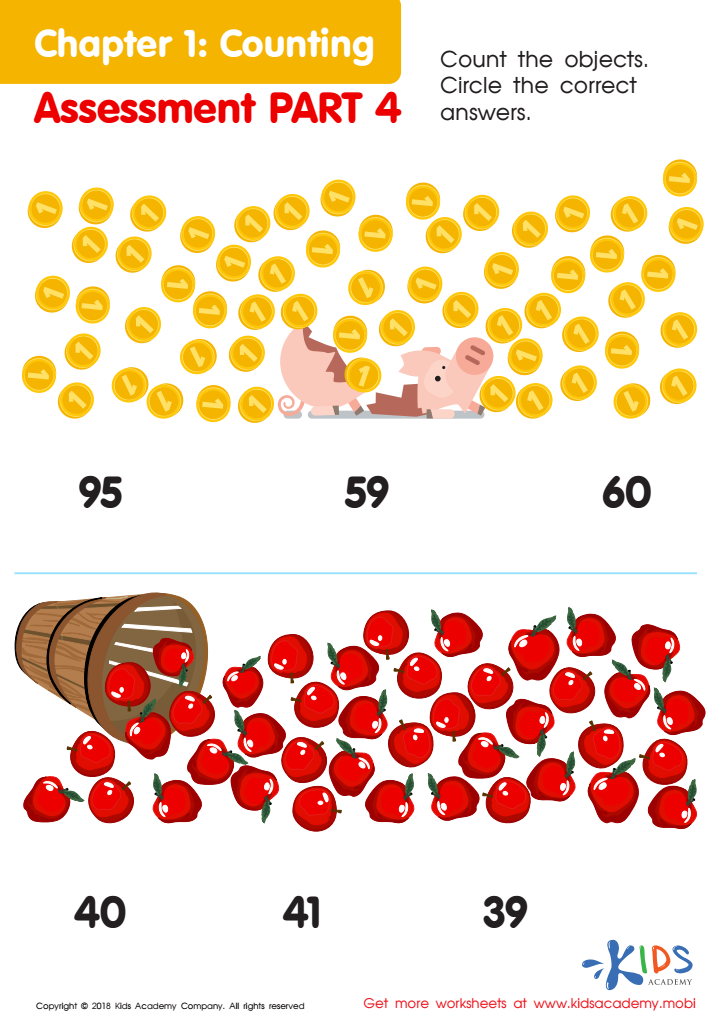

Counting: Assessment 4 Worksheet
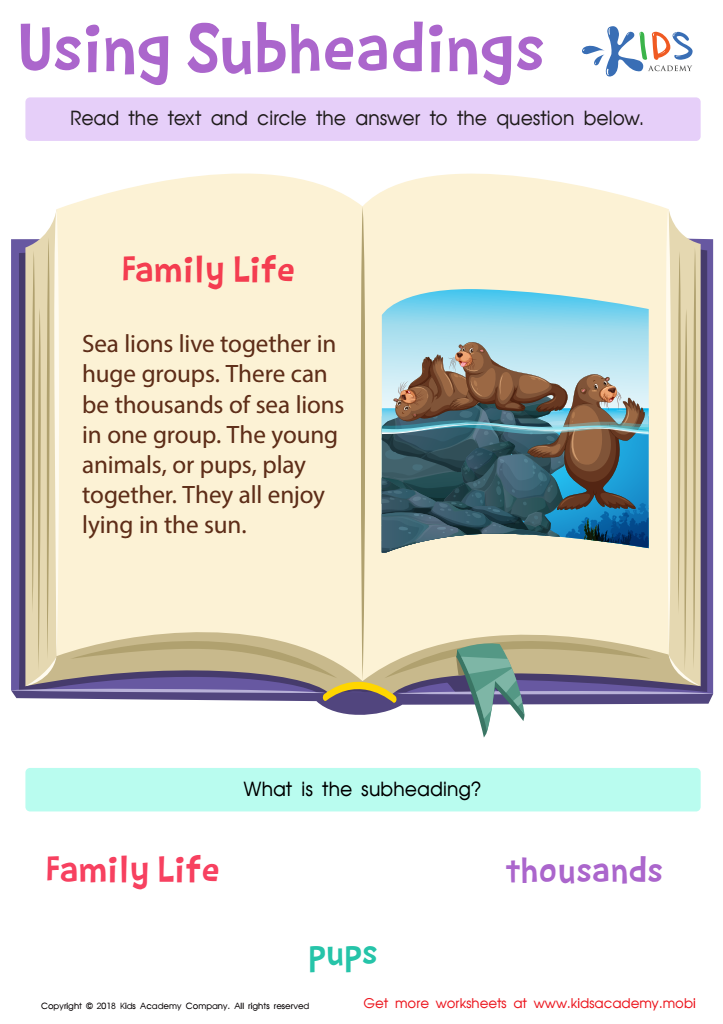

Using Subheadings Worksheet
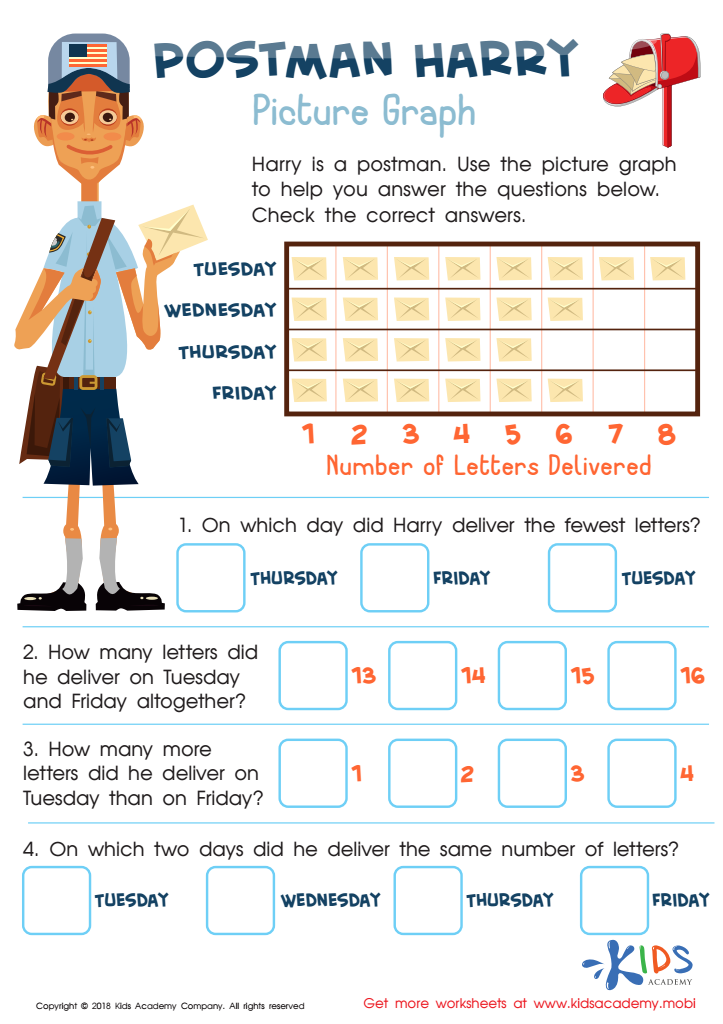

Postman Harry: Picture Graph Worksheet
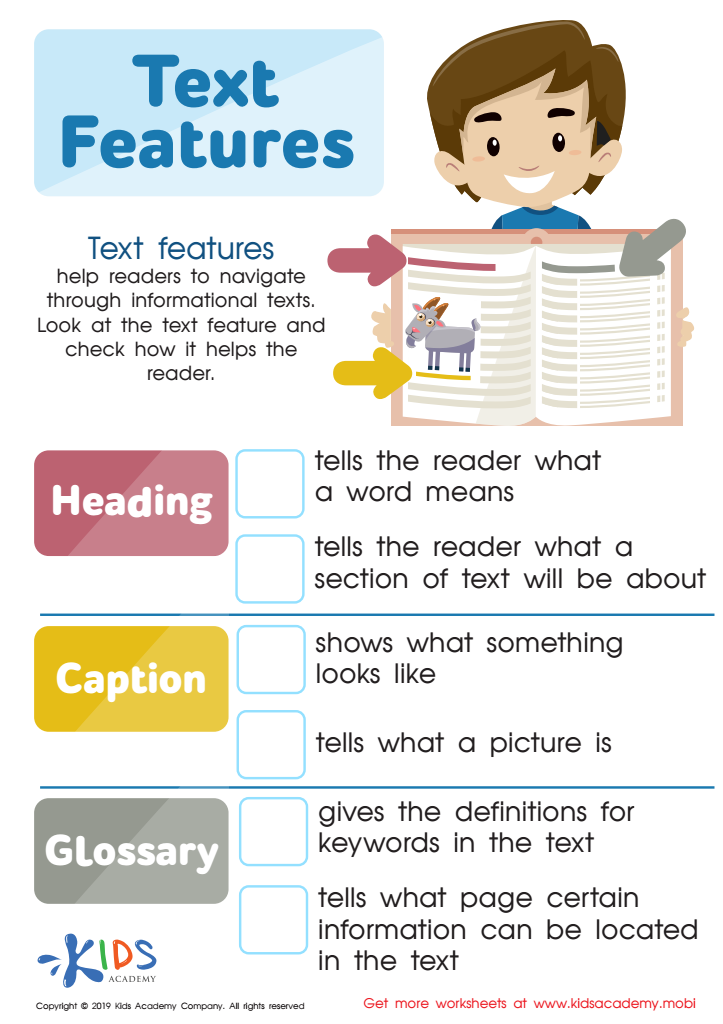

Text Features Worksheet
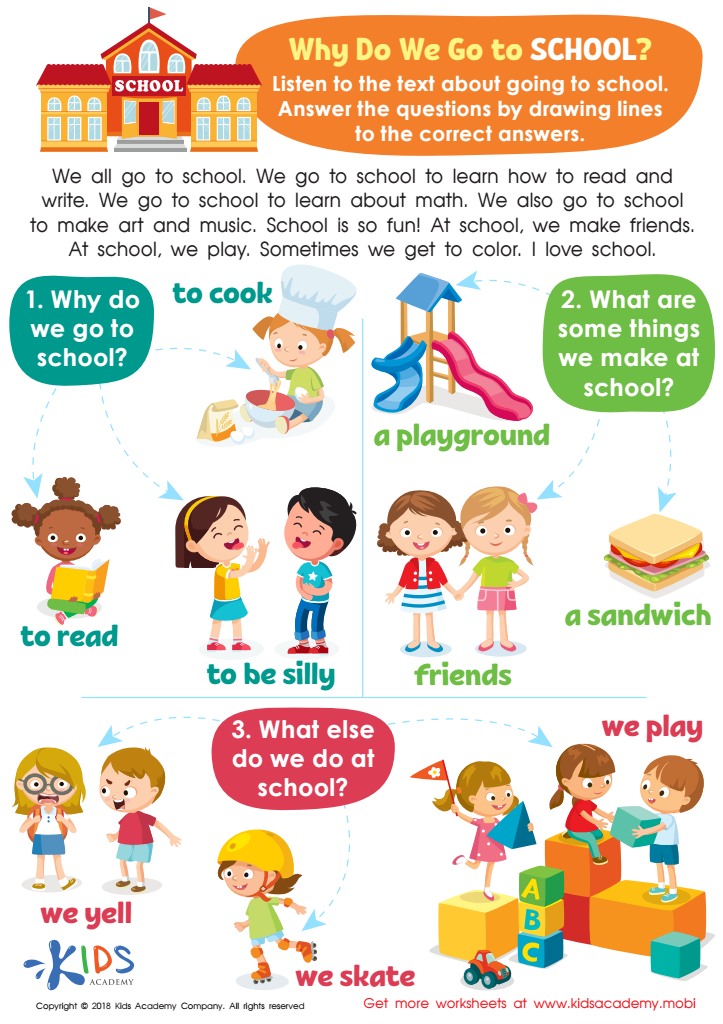

Why Do We Go To School? Worksheet
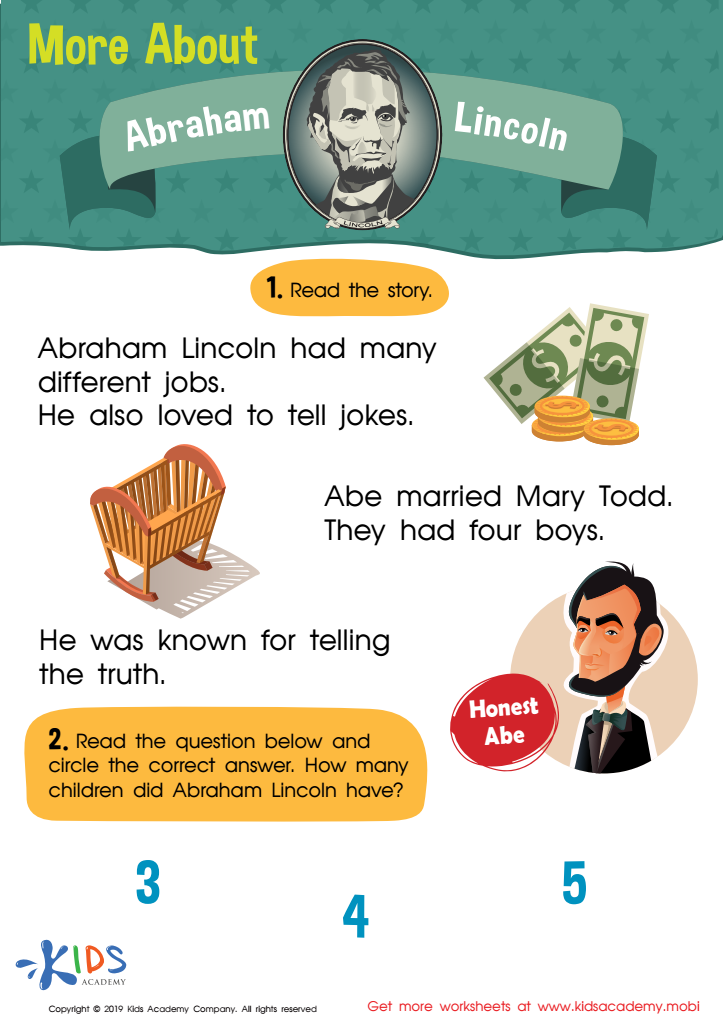

More About Abraham Lincoln Worksheet
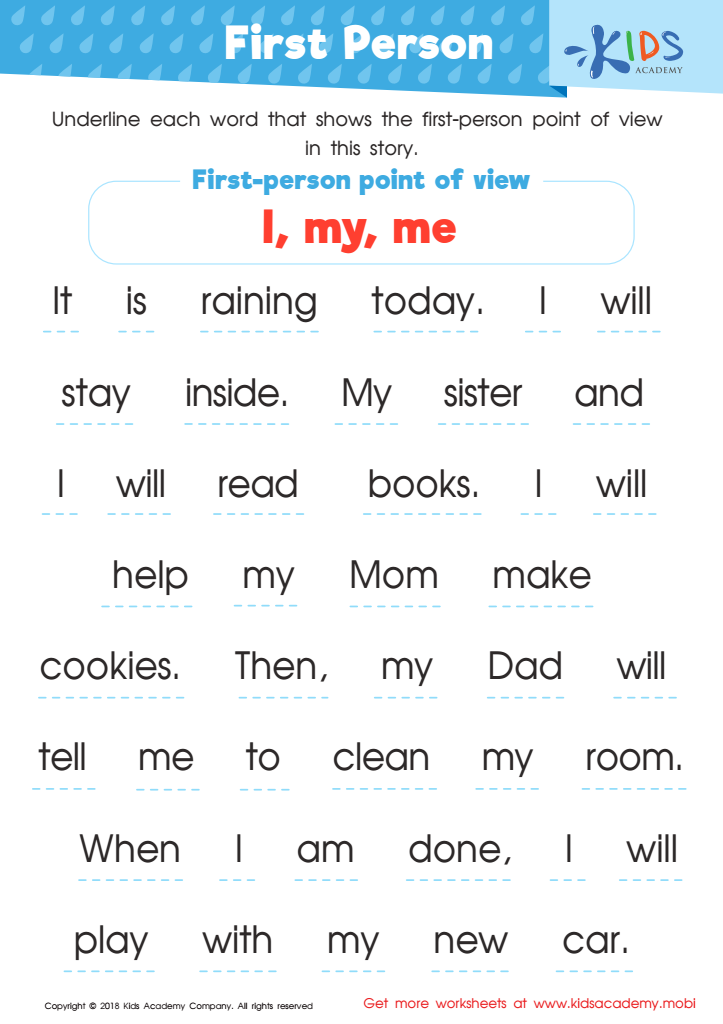

First Person Worksheet
Improving reading comprehension for children ages 4-7 is essential because these early years lay the foundation for their future learning and academic success. During this critical period, brain development is at its peak, and young minds are incredibly absorbent and adaptable. By focusing on reading comprehension, parents and teachers can significantly enhance children's cognitive abilities, critical thinking skills, and vocabulary.
When children understand what they read, they are more likely to develop a love for learning and become lifelong readers. Strong reading skills enable them to excel in various subjects, not just language arts. For instance, comprehending word problems is crucial in mathematics and understanding instructions is vital in science and social studies.
Moreover, good reading comprehension supports emotional and social development. Stories and texts introduce children to new experiences, diverse cultures, and complex emotions, fostering empathy and a wider worldview. These experiences are particularly important in helping young children navigate their own emotions and interactions with peers.
For parents, being involved in their child's reading journey strengthens bonding and provides a glimpse into their child's interests and thinking patterns. For teachers, adept readers create more dynamic and engaging classrooms, where children are better prepared to meet the educational standards and challenges they will face in higher grades. Prioritizing reading comprehension equips young learners with essential tools for personal and academic growth.
 Assign to My Students
Assign to My Students


